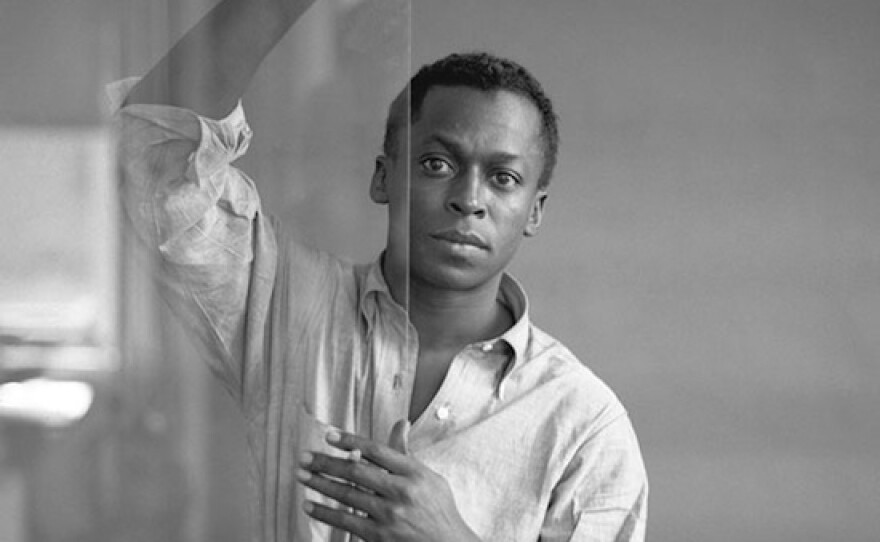It’s that sound...that unmistakable straight, round sound. But even though Miles Davis has a unique voice, that isn’t the only reason he’s one of the giants in the history of jazz.
Swing turned into bebop, and while the energy was exciting, the furious notes and harmonies threatened to turn jazz into a mere showcase for virtuosos. The music was starting to be overwhelmed. So were audiences.
Miles Davis slowed down the pace, making his music—and his trumpet—sound more like the human voice. He revolutionized music by going back to its roots.
He teamed up with arranger Gil Evans for orchestral jazz, and then with pianist Bill Evans and saxophonist John Coltrane he made a quintet for the ages in 1959’s Kind of Blue. It had radical modal harmonies and unexpected phrasings, but its effect was cataclysmic: it is the best-selling jazz album of all time.
If that weren’t enough, he assembled what was called simply “the second great quintet” and continued breaking ground. He was in on the birth of cool jazz, bebop, hard bop, fusion…when a lady at a White House reception asked him what he did to get invited, Miles Davis said, “I’ve changed music four or five times.”


